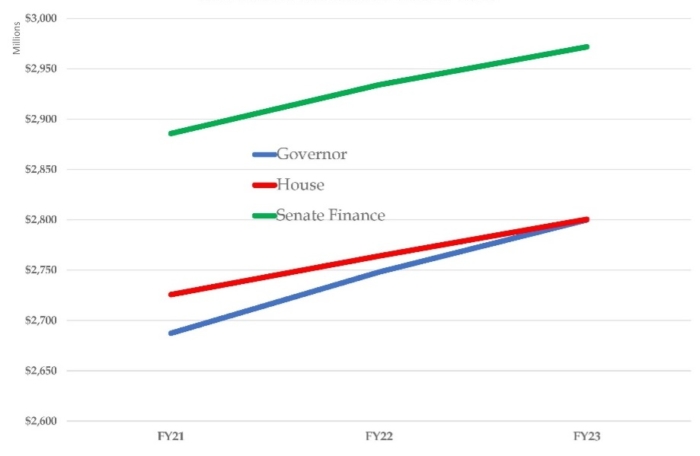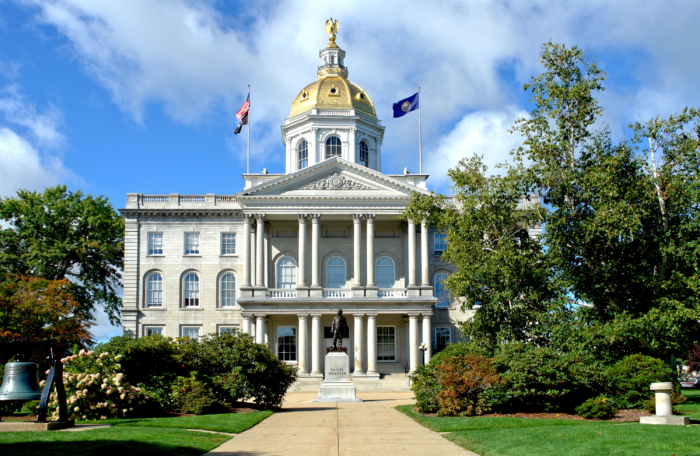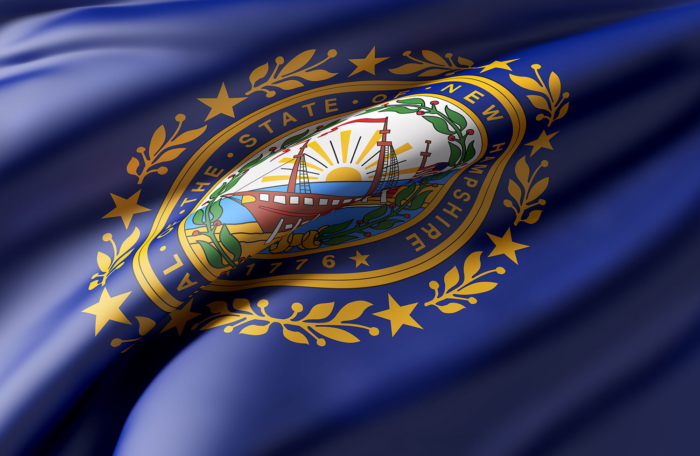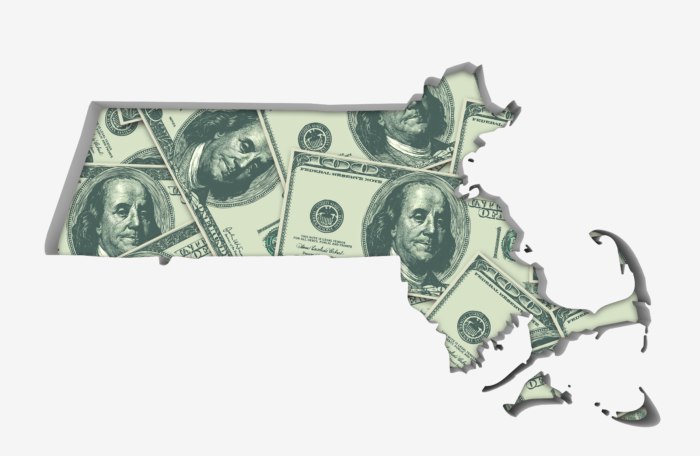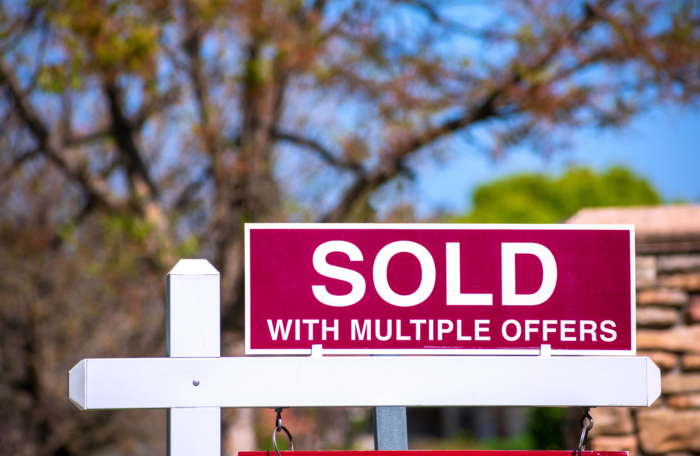When Gov. Chris Sununu announced the end of the statewide mask mandate on April 15, the seven-day rolling average of positive COVID-19 cases was 411.6, the number of positive cases in the state was 3,763, and 130 people were hospitalized with COVID-19.
By June 8, the number of known COVID-19 cases had declined by 91% from April 15, hospitalizations had declined by 78%, and the seven-day average of new cases had declined by 88%.
Only 28 people were hospitalized on June 8, and only 322 known cases existed in the state.
Going back to the height of the pandemic in New Hampshire, the drop is even more dramatic.
- The number of new infections has dropped by 97.5% from its December 3 peak.
- The seven-day rolling average of infections has dropped by 94% from its December 8 peak.
- Hospitalizations have dropped by 92% from their January 1 peak.
- The seven-day rolling average of COVID-19 deaths has dropped by 88% from the peak, which was reached on both December 26 and January 7.
Vaccinations have changed the state of the pandemic in New Hampshire, dramatically reducing the number of hosts for the virus to infect, and providing protection to the most vulnerable populations.
Nearly 60% of the state’s population has received at least one vaccine dose and 50.7% have been fully vaccinated, according to the state’s COVID-19 dashboard.
By any measure, the COVID-19 public health emergency in New Hampshire is over.
Gone with it are the justifications for a state of emergency.
When Gov. Sununu declared a state of emergency on March 13, 2020, his executive order stipulated the following concern (among others), that “if COVID-19 spreads in New Hampshire at a rate comparable to the rate of spread in other countries, the number of persons requiring medical care may exceed locally available resources, and controlling outbreaks minimizes the risk to the public, maintains the health and safety of the people of New Hampshire, and limits the spread of infection in our communities and within the healthcare delivery system.”
The declaration stated that “under RSA 4:47, III, the Governor has ‘power to make, amend, suspend and rescind necessary orders, rules and regulations’ to carry out emergency management functions in the event of a disaster beyond local control.”
State law does give the governor those powers — when there is a state of emergency.
RSA 21-P:35 VIII defines “state of emergency” as “that condition, situation, or set of circumstances deemed to be so extremely hazardous or dangerous to life or property that it is necessary and essential to invoke, require, or utilize extraordinary measures, actions, and procedures to lessen or mitigate possible harm.”
Though COVID-19 still exists in the state, its presence no longer presents a situation so extremely dangerous that “it is necessary and essential” to invoke “extraordinary measures” to mitigate the harm.
Further vaccinations will continue to reduce infections, hospitalizations and deaths.
When a state of emergency ends, all of the emergency orders end with it. Many of those orders nullified regulations that were never needed and that interfered with both medical and business innovations. Rules limiting pharmacists’ scope of practice, preventing hospitals from hiring unlicensed helpers, preventing telemedicine and the practice of medicine by retired physicians, and preventing businesses from adapting by offering sidewalk dining or alcoholic beverages to go are just a few of the regulations lifted by emergency orders.
Because these and other allowances would disappear as soon as the emergency ends, the governor might have an interest in keeping the state of emergency in place a little longer until pending legislation making such emergency orders permanent is adopted. For example, a bill is pending that would let restaurants continue outdoor dining in common areas such as public sidewalks. If the emergency is lifted before that passes, restaurants would have to close those popular outdoor seating areas immediately.
But the threat that prompted the emergency declaration last year clearly is gone, and prolonged extensions of the state of emergency no longer can be justified.





